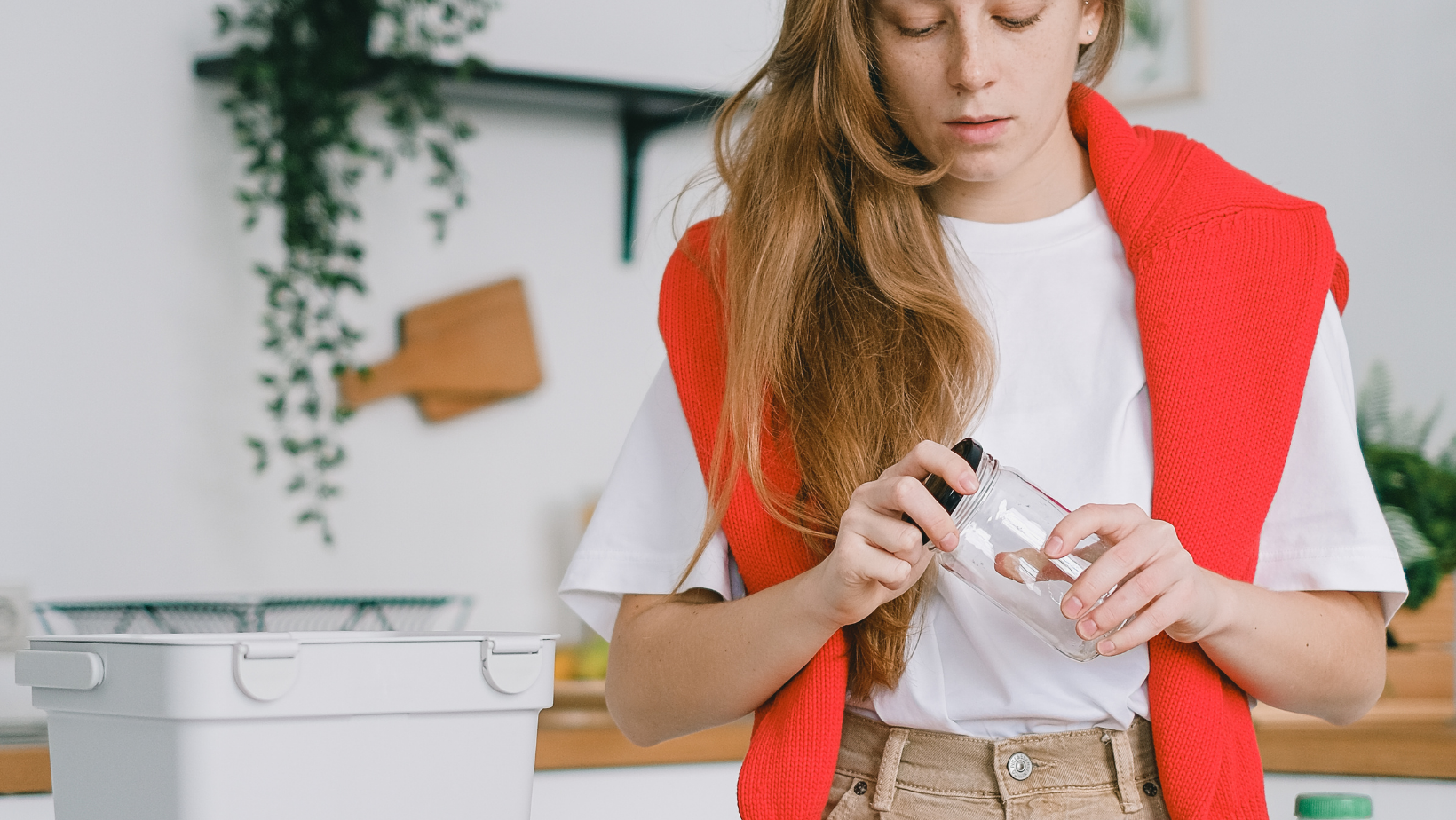
The Power of Being a Conscious Consumer: Good News & Bad News
Crime. Environmental pollution. Social attitudes. Population density. Multicultural society.
These are the Top 5 Concerns in the Netherlands identified by a nationwide poll conducted by CBS in 2018. Knowing this, we have some good news and some bad news.
Good news: On many of these issues, particularly crime and environmental pollution, we have agreeance from nearly ½ the population that these are serious problems requiring collective action and governmental support. Recognition is the first step to success.
Bad news: Action actually needs to be taken to ameliorate these concerns. And not only is it an unfathomable undertaking to tackle any single one of these beasts, but we have to divert our efforts amongst them all to make continuous, multi-faceted progress.
How in the world is this even possible? Particularly on an individual level, as a concerned citizen, responsible parent or family member, or stressed altruist, how can you even begin to make your own significant impact? And is individual action even the best way to go about creating societal change?
The debate on individual action versus systemic change has been an ages old debacle, once summarized by Julian Rotter in 1966 as a divide in locus of control. Those with an internal locus of control believe they are the master of their own fate as well as the fate of the collective, and therefore choose to focus on their own behavior as a means for change. External locus of control folks tend to adopt the sentiment of “what happens happens,” succumbing to the will of institutions to shape their future.
No matter your stance or life philosophy, there is an undeniable benefit to living in alignment with your values and taking actions that enable you to participate in the causes you care about. So how might you take action to help address issues of crime, environmental pollution, social attitudes, population density and multicultural society?
One promising avenue is called conscious consumption.
Conscious Consumerism (n.): “the buying practices driven by a commitment to making purchasing decisions that have a positive social, economic, and environmental impact”
Ideologically, this sounds like a no-brainer. Why not buy products that simultaneously do good for our world? As it turns out, most people subscribe to this belief.
According to the 2015 Nielsen Global Survey of Corporate Social Responsibility, 75% of Millennials and 51% of Boomers are willing to pay a higher price for more sustainable products. Plus, more than half of customers would switch to a brand that donates. However, while at least 70% of customers want to buy sustainable, only 40% actually do–and only sometimes at that.
As a consumer, or rather a pro-sumer, there are many things you can do to buy more consciously, including:
- Stop buying things you don't need!
- Shopping second-hand whenever you can
- Educating yourself on brands that you purchase from regularly regarding their ethical and environmental performance
- Seeking brands that are certified as: cruelty-free, Fair Trade, Vegan, Soil Association certified, etc.
- Donating a portion of your purchases to charity or non-profit organizations
- Using ecologically friendly products that are reusable, recyclable and/or carbon neutral
- Buying repairable, higher-quality goods
Adopting conscious consumerism, while it can be incredibly empowering, once again presents some good news and bad news. And this time we’ll start out with the bad news.
Bad news: Vetting every product in your life can be massively time intensive and potentially unreliable, since it is near impossible to be an expert in the supply chain of every product you buy.
Good news: BOAS has your back. With our sustainable marketplace, you can rest assured that every product on our site has been certified for good. Plus, you can be an even more conscious and effective pro-sumer knowing that 100% of our profits are donated to charity organizations.
We breed transparency, simplify your buying, and unleash the power of conscious consumption as a community of like-minded, good-doing individuals driven to squander the most intense social and environmental challenges of our time. Through the good news and the bad, we hope to give you a reason to shop more and save lives.















